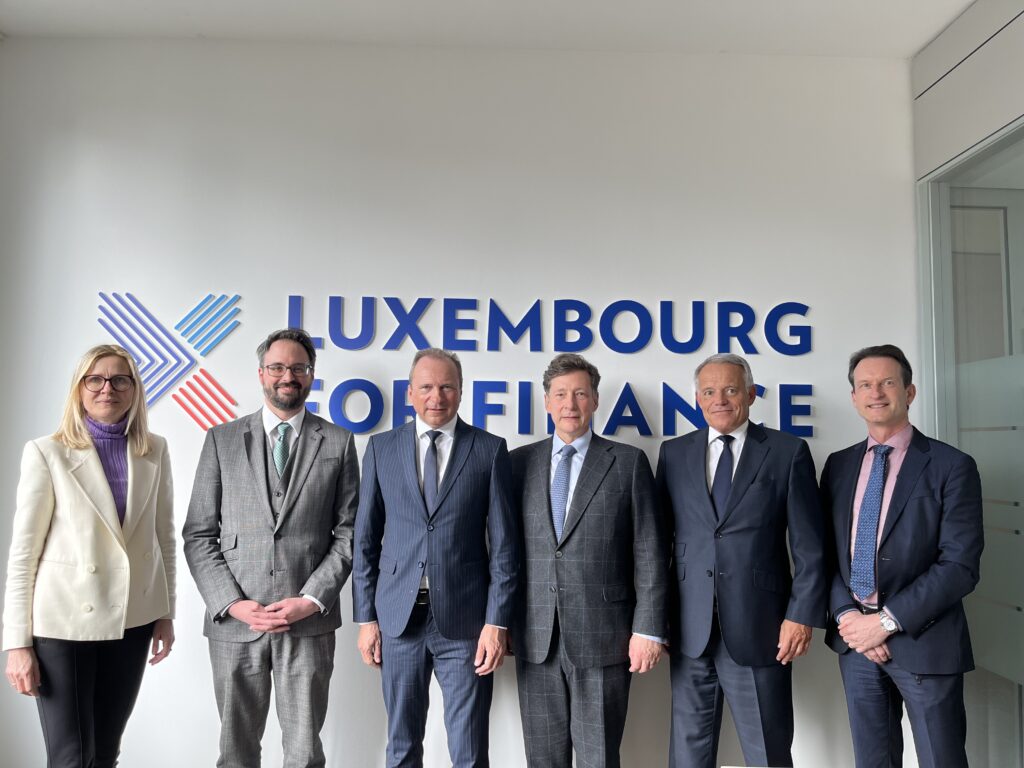- “Amazonisation” and the shift in power to consumers driven by online platforms
- The mainstreaming of sustainable finance underpinned by millennial preferences
- The multi-polarisation of Europe’s financial centres due to Brexit
The report urges Europe’s banks, asset and wealth managers, payment service providers and insurers – which as an industry have lost significant ground to Asian and US rivals since the global financial crisis – to proactively embrace these trends and the underlying factors driving them, and to invest beyond short term financial targets if they are to remain competitive.
By way of an example of how intense international pressure has become on European financial businesses, from virtually nothing in 2007, China’s banking sector has rapidly grown its share of global tier one capital to around 53% today. Meanwhile, Europe’s share has fallen from 73% to 18%.
Amazonisation will disrupt every sector of Europe’s finance industry
Much like Amazon today, new online platforms will become the dominant customer interface with Europe’s financial services industry. Retail and business customers will be able to search, buy and manage products that are bespoke and offer best value for their specific needs. These platforms will offer a new level of transparency, comparability and convenience, which will directly affect the four main sectors of financial services.
- For Europe’s banks, they will need to quickly evolve into whole solution providers and one stop shops for their clients’ specific financial needs, aggregating their own products alongside innovation only available through third parties.
- In asset management, pressure will intensify from a fundamental shift in client preference, underpinned by millennials inheriting billions from the baby boomers. This generation of investors will favour managers with compelling and transparent ESG propositions, coupled with technology that is personalised and easy to use. The pressure they apply, alongside closer regulatory scrutiny, will separate the wheat from the chaff and lead a movement towards being best-in-class.
- Fintech firms and challenger banks will further exploit payment opportunities at point of sale in an increasingly cashless European society, and specifically using AI to take advantage of inefficiencies in cross border money transfer. With the value of global mobile payments expected to reach US$2.14 trillion in 2023, traditional players must look to follow these fast-paced innovative trends, as consumers and small businesses seek to maximise value from each payment.
- The insurance sector must continue to improve the customer experience, offering more product and pricing transparency, and leveraging their substantial data capture capabilities to provide people with on demand and usage-based insurance.
Europe must unite and invest to remain competitive
John Parkhouse, Senior Partner at PwC Luxembourg, said: “With Europe’s financial industry facing up to Amazonisation and the critical themes like ESG, innovation and technology that accompany it, more traditional players must focus and invest, if they want to remain competitive on a global scale.
“We recommend firms disrupt themselves to become cost effective, nimble and competent, prioritising the efficient use of data and new technology. There must also be a deepening of cross border services and fresh emphasis placed on innovation and digitalisation, which can be achieved by completing the EU’s banking and capital markets union, as well as alignment at the national level.
Nicolas Mackel, CEO of Luxembourg for Finance, added: “A demonstration of leadership is a key part in ensuring a thriving financial industry beyond 2025, and the threat posed by climate change proves how important it is for Europe to lead in all aspects of sustainable finance, from agreeing taxonomy in investing to closing the funding gap required to meet the UN’s sustainable development goals.”
Brexit has a silver lining for Europe’s finance hubs
The report acknowledges that the loss of the City of London from the EU will be a setback for the continent’s financial services industry, which may dent its competitiveness with global hubs like New York and Singapore over the short term. However, it argues that Brexit will also have the upside consequence of further strengthening the various financial centres of Europe; Frankfurt, Luxembourg, Paris, Amsterdam and Dublin, each of them already well-established.
Nicolas Mackel commented: “Brexit is forcing Europe’s financial centres to hone their specialisations and to demonstrate how they complement each other. Companies in different sectors are deliberately choosing different locations to place part of their infrastructure and operations, based on a long list of factors, but driven by the existing financial ecosystem. In time, as London sees a gradual erosion of its prominence, this multi-polarisation effect will enable Europe to leverage the continent’s combined expertise to compete worldwide.”
Read the full report here.










